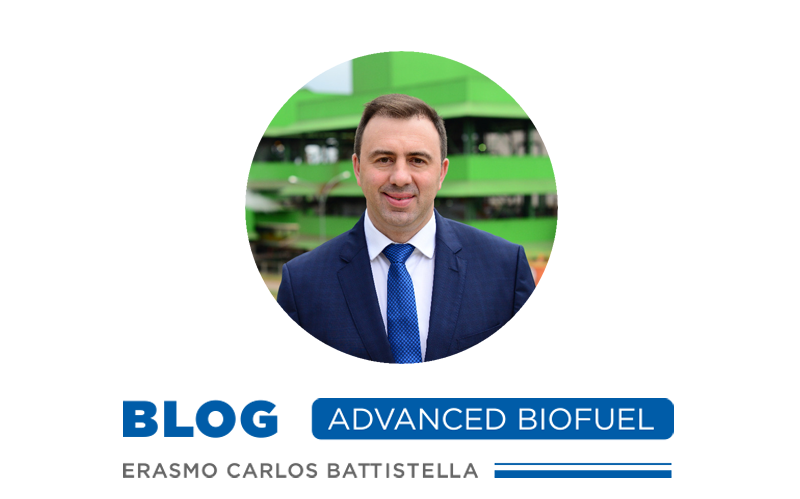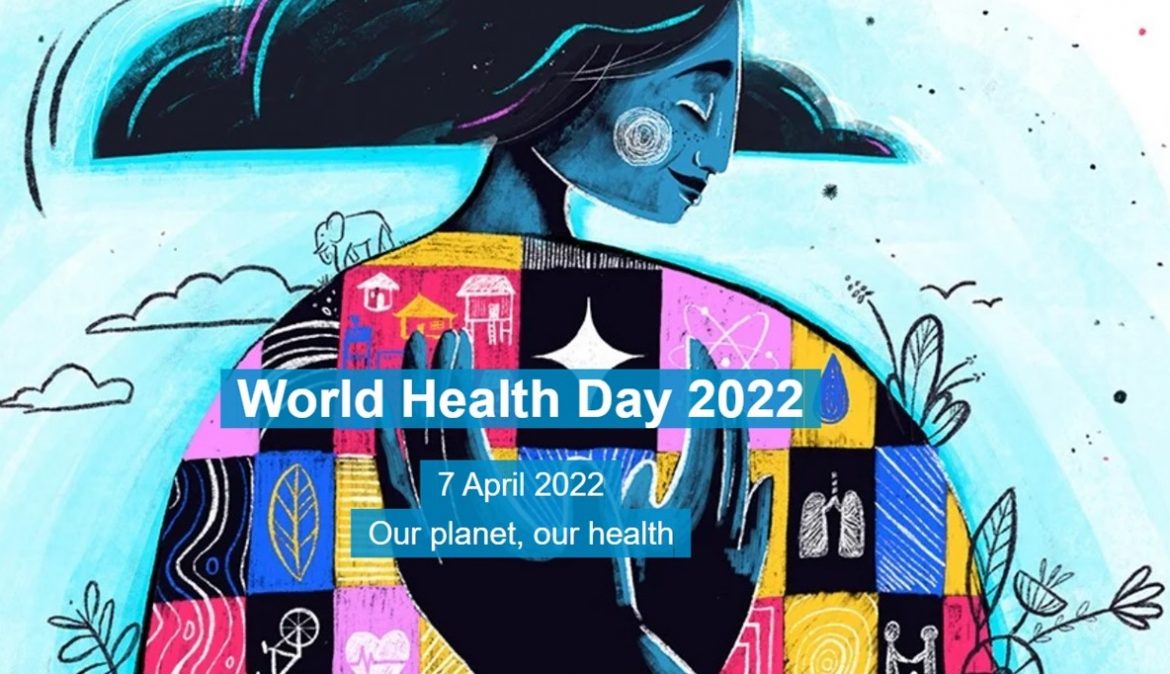What is the cost of not avoiding a death when it is possible?
Whose responsibility is it not to allocate immediate resources for investment in energy transition to a cleaner matrix, when international bodies point to fossil fuels as responsible for most harmful emissions linked to acute and chronic diseases?
World Health Day, celebrated on April 7, will focus global attention on urgent and necessary actions to keep humans and the planet healthy and promote a movement to create societies focused on well-being. The World Health Organization (WHO) estimates that more than 13 million deaths worldwide each year are due to preventable environmental causes.
For years I have advocated the application of effective Public Policies that pragmatically guarantee the necessary change to save lives.
What is the cost of a death? What about 13 million deaths a year that could be avoided?
Virtually the entire world population (99%) breathes polluted air that exceeds internationally approved limits, with direct health impacts. This is the serious conclusion of scientists and doctors of the United Nations (UN) presented this Monday (04/04). The WHO called for tangible steps to reduce its use of fossil diesel.
The agency’s data indicates that 4.2 million people die from exposure to outdoor air pollution, in addition to the 3.8 million whose deaths are linked to domestic smoke produced by dirty stoves and fuels.
This update to the WHO air quality database includes for the first time terrestrial measurements of NO2 dioxide and particles with diameters equal to or smaller than 10 microns (PM10) or 2.5 microns (PM2.5). Both groups of pollutants originate mainly from human activities related to the burning of fossil fuels.
The new air quality database is the most extensive so far in its coverage of ground air pollution exposure, says the WHO. About 2,000 cities/human settlements now record soil monitoring data for particulate matter, PM10 and/or PM2.5, than the last update. This marks a nearly six-fold increase in reports since the database was launched in 2011.
Winds of Change
These challenges will be on the agenda of the 12th edition of IATA Wings of Change Americas, which takes place on April 6th and 7th in Santiago, Chile. There is nothing more timely than the theme of the event: “Building a sustainable future together”. With the presence of several CEOs of airlines and leaders of air transport and tourism, the participants will discuss, among several very relevant topics that involve the sector, the factors of environmental sustainability until the next generation of flights.
On the 6th, at 11:30 am local time, I will have the honor of participating in the Latin America’s Energy Transition to Achieve Net Zero panel. I will be the spokesperson precisely for the urgency of the measures that must be taken to definitively reverse this environmental context.
The aviation industry seeks to comply with CORSIA (Carbon Offsetting and Reduction Scheme for International Aviation) definitions. The advanced biofuel SPK (Synthetic Paraffinic Kerosine) will play an important role in the aviation industry’s pursuit of these GHG reduction targets.
European Environment Agency
Another important warning came from the European Environment Agency (AEMA) last Friday (01/04): 96% of urban residents in the European Union (EU) were exposed to fine particles above the limits in 2020. The data puts into evidence the distance separating the EU’s legal norms – mostly established around the year 2000 – and the WHO’s latest 2021 guidelines based on an in-depth examination of scientific testing on how air pollution harms health.
It is clear that we need to take urgent action, the facts are quite clear. The world needs to review its guidelines on the subject, with the aim of adjusting international standards to anticipate the solution of challenges that affect the health of the entire population of the planet.
That’s for yesterday!

